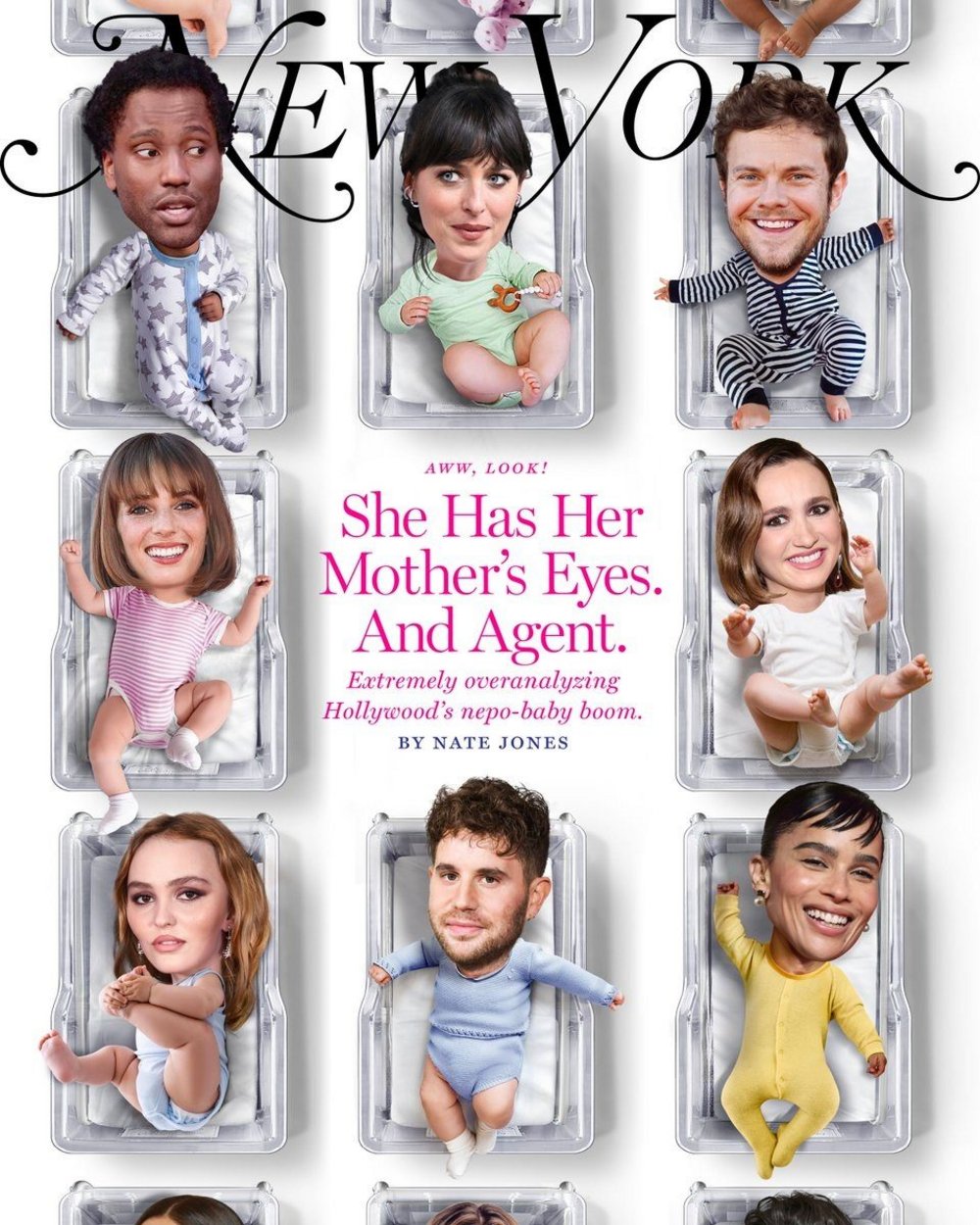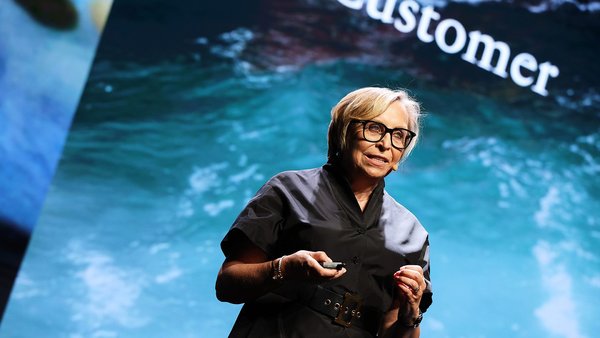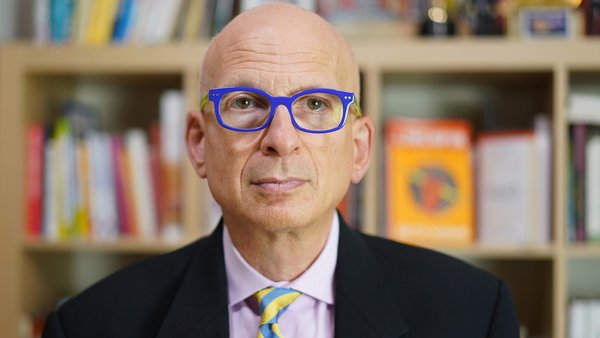Venkata Bhonagiri’s Strategy Diet /
The leader of Mindshare Chicago's data strategy practice shares his tips and techniques for better strategy.
James Swift
/
Photo by Philip Strong on Unsplash
Have you ever wanted to know what the ad industry’s sharpest strategists feed their brains on a daily basis, or what resources they swear by for tackling a brief?
We have. So we’re asking.
Venkata Bhonagiri is a senior partner and group director at Mindshare in Chicago, where he leads the agency’s data strategy practice. He has worked in media and consumer strategy for more than 13 years, for clients like General Mills, Kimberly Clark and Dyson.
What media do you consume that makes you better at your job or helps you think about strategy generally?
A well-rounded and an assorted media diet helps me to think about strategy. I start my day with the Wall Street Journal to get a sense of what’s happening in the business landscape and the international headlines, as I am in a global role and care about businesses not just in the US but across the world. To get a pulse on advertising and media intelligence, I often lean into eMarketer and Statista. For brand marketing ecosystem views and advice from world’s top CMOs and brand leaders, I read a lot of Adweek content.
Are there any resources that you typically turn to first when working on a brief?
It largely depends on the brief and the problem we’re trying to solve. When I received a brief from a cryptocurrency firm, I had to tap into TechCrunch to decipher data; when I was working on a brief from a CPG brand that was trying to solve for a brand erosion issue, I had to refresh Les Binet and Mark Ritson’s fundamentals and findings from the IPA and Marketing Week. However, I believe, as planners and strategists, we’re too quick to explore external resources when the first one we should typically turn to is client themselves and their internal stakeholders. This works like magic! Trust me. Clarity is key and when briefs are either not comprehensive or clear I consult stakeholders before exploring external sources.
Who is someone that you follow/read/watch for their opinions and ideas?
Rishad Tobaccowala is an absolute genius. He is phenomenal and bold. He articulates the value of data in today’s world but also how brands focus too much on it and miss out on communicating the very purpose of their existence. Brands cannot exist without data and cannot differentiate with it. Data merely reflects the spreadsheet side of the business, and truly, for a brand to succeed and stand apart, they must care about the story side of their business ie, their value, purpose, people and culture. That’s what’s needed to restore the soul of any business.
I also watch and follow TED Talks regularly; this is such an extensive and a rich platform to explore and draw inspiration from all over the world. Such genius brains and ideas consolidated in one place.
Venkata Bhonagiri, Mindshare
Is there anyone or any resource that you think strategists rely on too much that is counterproductive?
Some strategists are obsessed with statistical significance when they analyse data, surprisingly! While others excessively rely on qualitative research with absolutely no boundaries and meaningful thresholds on sample sizes. Both approaches are equally counterproductive. A healthy dataset is necessary, but it’s much more important to humanise the data and tell a story.
What do you think is the most underused resource for better strategy?
Ever since pandemic, I have noticed that in-person immersion and brainstorming workshops have drastically reduced. So now these are the most underused techniques. Pulse checks from people who are engaged in different capacities with the strategy you are trying to build, the strategist, the data guy, the creative one, the typical customer, the client themselves, the comms planner – let’s get all of them in a room. Make it scrappy, yet structured, run the show – the results will be unbelievably good
Is there anywhere you go when you’re struggling with a brief or a place that seems to help you work or think?
My teams at work. I love to engage co-strategists on different accounts. Working with a diversified set of people helps me a lot when I’m struggling with a brief. Again, I never hesitate to reach out to the author of the brief, either. Asking clarifying questions and getting the broader context behind the purpose of the brief helps.
Office etiquette: music or no music?
I love music, but at work, I prefer no music. It’s scientifically impossible to multi-task and listen to music and work at same time. Our brains are not designed to work that way. It is as simple as that. Listening to music is a great way to unwind, no doubt about that, but my prefrontal cortex, which is the control centre of the brain, will not and cannot focus on solving a business problem while listening to Pink Floyd (my all-time favourite).
What’s the best free resource for a strategist?
In the world of content democratisation, there is so much out there that is available at no cost as long as you are willing to trade your time. Being open to learning is the best policy. Stay hungry, stay foolish! The best free resource for a strategist is Mckinsey’s Featured Insights – absolute gold!
What sort of media/resources would you recommend to someone just starting their career as a strategist?
Find your personal mentor. The beauty of being a strategist is that there are several paths to being successful. No two paths are the same; they are correlated but individually nuanced, so when you have a mentor they could be the best resource to engage with, especially for someone who is just starting their career.

What’s something that happened in pop culture that showed a better understanding of people than advertising?
The internet is talking about ‘nepo babies’. New York Magazine declared 2022 the ‘year of the nepo baby’, publishing an ‘all but definitive guide to nepotism in Hollywood.
Per Today.com ‘The conversation around nepo babies is a springboard for other issues. The idea of people having a leg up in Hollywood also translates to people having a leg up in general, thanks to circumstances outside of sheer talent, like family connections or wealth. Essentially, for many, nepo babies are proof that a meritocracy does not exist, and that sheer talent is not enough to fuel a successful career.’
Debates, discussions, and social trolls have become viral. People feel disenfranchised, these discussions are fuelling anger about their unprivileged position and lack of opportunities as economic growth slows down. This is becoming more and more obvious and significant, which advertising is yet to grapple with.
Want more of the same? /
We don’t just write about best-in-class campaigns, interviews and trends. Our Members also receive access to briefings, online training, webinars, live events and much more.







